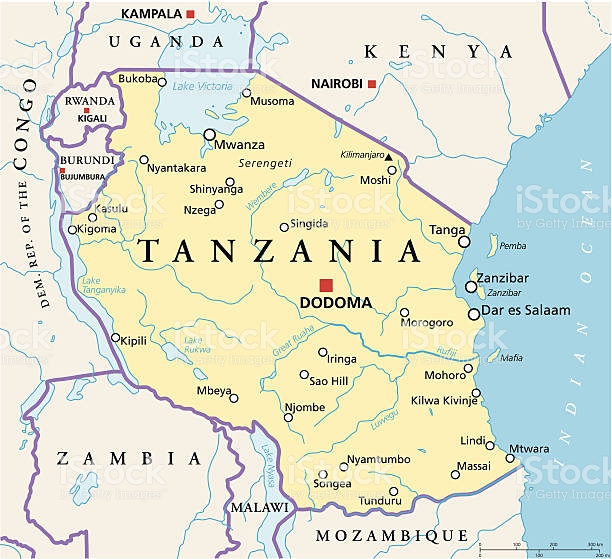An sh96 Billion Venture is being Vested in Tanzania’s Kilimanjaro Malting Plant Assembled in Moshi
By Abdul Rahman Bangura-

Photo Credit: Free Vector
NEW AFRICA BUSINESS NEWS (NABN) Freetown, Sierra Leone– This venture will upgrade the agrarian sector, enhancing the trades of growers by measuring the usage of local investments of barley from 5,000 tons to 12,000 tons and then 32,000 tons over five years once finalized.
Similarly, Tanzania Brewery Limited’s stake in the commencement of this plant in March 2024 will boost brewers and manufacturers, accordingly improving Tanzania’s economy.
The construction phase of the megaproject will gI’ve immediate jobs to around 70 people, 80% of them Tanzanians, and is arranged to create direct jobs and indirect jobs for many others once it is entirely active.
The project is anticipated to be finalized in two phases: phase one between 2023 and 2024, and phase two between 2024 and 2025. Phase one starts with a preliminary undertaking of $10.5 million for the production of 12000 Met investment) and seeks to stimulate local production capacity at the grower level through capacity building, seed variety testing, and the initial construction and upgrading of the malting facility.
The second phase of the project will scale up the project’s construction to 16000 MT of capacity with a total investment of $6.3 million, which will complete the project and get the plant ready for the utilization of the excise code on locally malted barley.
TBL’s Country Director -Jose Moran, noted: “The total capital expenditure in the revamping of the Kilimanjaro Malting Plant is expected to be Sh96 billion, with Tsh42 billion injected in the first phase. Overall, through this investment, the plant will broaden the contribution of manufacturing and local agriculture to the economy of Tanzania.”
This enterprise could not have been made possible without the administration’s backing in establishing an enabling environment; as such, it aligns with the administration’s priorities, encompassing the increasing of agrarian production, the support of local manufacturing, employment and sustainable livelihoods, and the expansion of business.
In helping to realize its goal. Minister for Agriculture – Hussein Mohamed Bashe, said: “We realize to play our role in supporting TBL in several ways, including promoting value addition, which entails the processing of agricultural products into new manufacturing
opportunities. For example, the Ministry is working with farmers to improve their harvesting and storage techniques and promote the establishment of agro-processing industries.”
Deputy Minister for Investment, Trade, and Industry, Hon. Exaud Kigahe, added that “measures taken by the government to reduce the cost of doing business are making it more attractive for companies to set up manufacturing operations in Tanzania, and by doing so, Tanzania can boost its economic growth, create jobs, and improve its trade balances.”
The Kilimanjaro Malting Plant is anticipated to insert an extra Tsh 226 billion into the dividend of Tanzania through an improved value chain across agriculture, malting, brewing, packaging, distribution, logistics, and retail, in addition to the construction of the malting facility.
Moran shared his hopes for this venture, saying, “We firmly believe in Tanzania and its potential for further growth. As the biggest taxpayer, being able to continue to invest in the country creates a win-win situation for everyone. With this investment, TBL is once again showing its commitment to the expansion of industry, manufacturing, agriculture, and a future with more cheers.”
The new Kilimanjaro Malting Plant, fitted with this state-of-the-art technology and equipment, will not only improve efficiency and lower operating costs; it similarly gives rise to TBL the first firm globally to use this technology, a testament to TBL’s drive for innovation.
On the use of modern technology, Moran said: “TBL’s focus on innovation and modernization will help it stay ahead of the competition and continue to produce world class beer products that meet the evolving needs and preferences of Tanzanian consumers.”
For New Africa Business News (NABN) Abdul Rahman Bangura Reports, Africa Correspondent
